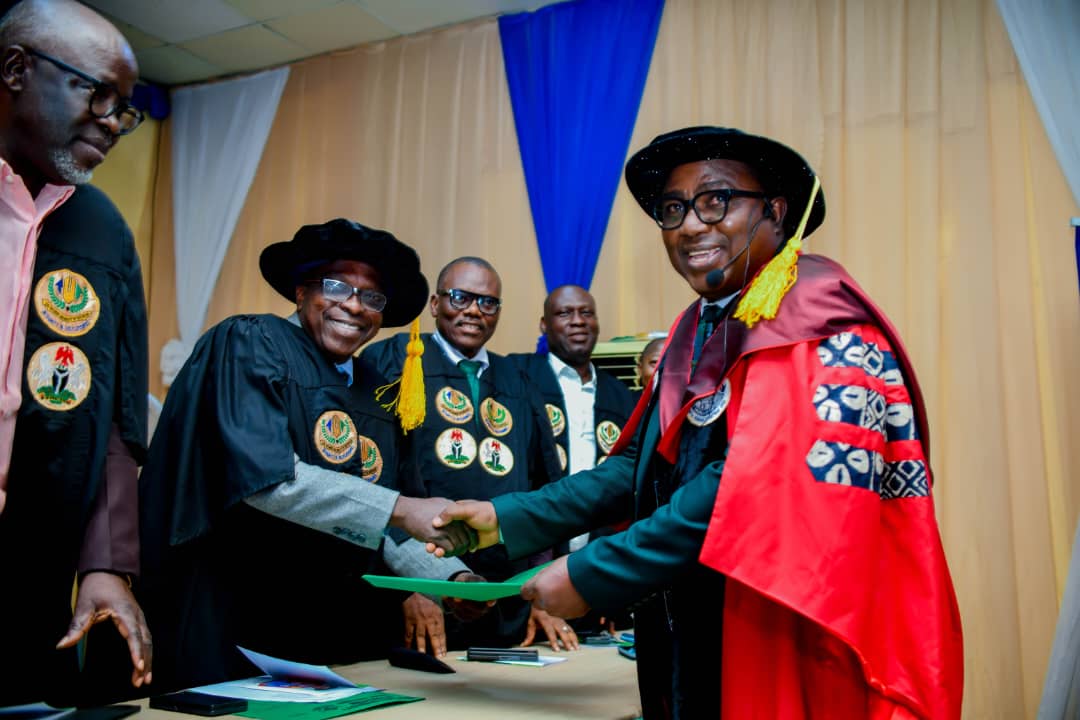A call has been made for a shift from syllabi saturated with rote memorisation to frameworks that emphasise core competencies and real-world applications in Chemistry Education.
This was the central message delivered by Professor of Science Education (Chemistry) and Director, Centre for Improvement of Teaching and Learning (CITEL), Prof. Adekunle Oladipupo Bamiro, when he delivered the 35th Inaugural Lecture of Tai Solarin University of Education (TASUED), Ijagun, held at the TETFund 2012 Hall of the main campus.
The lecture was titled: “Bridging the Gap : Rethinking Curriculum in Chemistry Education for the 21st Century.“
Prof. Bamiro, who is also the Head of the Department of Chemical Sciences, advocated for the inclusion of contemporary and cutting-edge topics such as Green Chemistry, Nanotechnology, Pharmaceutical Innovations, and Environmental Management in the curriculum.
“We must, as a matter of urgency, foster curriculum integration — Chemistry must speak to Biology, Physics, Mathematics, and even to Economics and Ethics,” he said.
The Inaugural Lecturer argued that the existing curriculum is outdated and has failed to keep pace with technological advancements. He stressed that today’s learners are digital natives whose curiosity and creativity must be engaged differently. He called for a rethinking of how Chemistry is taught and assessed in order to produce graduates who can think critically, collaborate globally, and innovate locally.
According to him, most Chemistry teachers are ill-equipped for 21st-century instruction and urgently need continuous professional development. He identified large student populations, outdated instructional materials, poor remuneration, and lack of recognition as major challenges inhibiting Chemistry educators.
Prof. Bamiro criticised the government for neglecting laboratory infrastructure, inadequate investment in research, shortage of trained teachers, and persistent student apathy—largely caused by the continued use of outdated curricula that neither reflect current technological advancements nor align with contemporary scientific and societal needs.
He noted that Nigeria’s technological backwardness could be addressed through a purposeful Chemistry Education that builds the human capital required for innovation and scientific enterprise.
“For Nigeria to join the Fourth Industrial Revolution and achieve economic resilience and national self-reliance, the government must invest heavily in Chemistry Education,” he declared.
As a solution, he recommended massive investment in digital tools, particularly Augmented Reality (AR), Virtual Laboratories, and Molecular Modeling Software, which can help bridge the gap between abstract concepts and student comprehension. He described Virtual Laboratories as safe, repeatable, and scalable alternatives when physical laboratories are unavailable.
He also called for a change in assessment methods, urging stakeholders to move beyond exam-focused evaluation to approaches that encourage practical applications of Chemistry. He suggested the adoption of authentic assessments such as case studies, research presentations, and community-based projects.
In addition, the Chemistry expert advocated for increased participation of the girl-child in Science, urging government and policymakers to break the glass ceiling by providing mobile laboratories and open educational resources to students in rural areas.
He also emphasised the importance of aligning Chemistry Education with industry needs. According to him, Nigeria’s industries must be staffed by innovative chemists capable of developing sustainable products and managing efficient processes.
“Our hospitals should be supported by chemists who understand drug formulation, diagnostics, and biomaterials. Our farms must flourish because our chemists developed eco-friendly fertilisers and storage solutions. Our environment must breathe easier because our chemists devised ways to reduce emissions, recycle wastes, and harness renewable energy,” he stated.
Prof. Bamiro concluded by calling for a symbiotic partnership between academia and industry to make Chemistry Education more responsive to real-world challenges and demands.
In his remarks, the Vice Chancellor, Prof. Oluwole Banjo, FWISON, FASN, FAIMP, dfisn, commended Prof. Bamiro, describing him as a seasoned and accomplished Chemistry Educator who has made immense contributions to the growth and development of Chemistry education at TASUED, in Ogun State, and across Nigeria.
“Your lecture today reflects your deep-rooted expertise in Chemistry Education. The University recognises your value, which is why you were appointed to head CITEL. Moreover, your outstanding leadership as Chairman of the Board of the Institution’s Demonstration School, TASUED Secondary School, Igbeba, has seen the school achieving excellent results in national and international examinations,” Prof. Banjo stated.
The event was graced by notable personalities including the Deputy Vice Chancellor, Prof. Adekunle Adeogun; Registrar and Secretary to the Council, Mr. Oladapo Oke, FCIA, MANUPA; Bursar, Mr. Kabir Ogunneye, FCA; University Librarian, Prof. Adebambo Oduwole; Provost of the Postgraduate College, Prof. Olufemi Fatade; Deans of Colleges; professional colleagues; and royal father, His Royal Highness, Oba Abdulrasheed Abayomi Banjo, the Olokine of Ojowo, Ijebu Igbo.
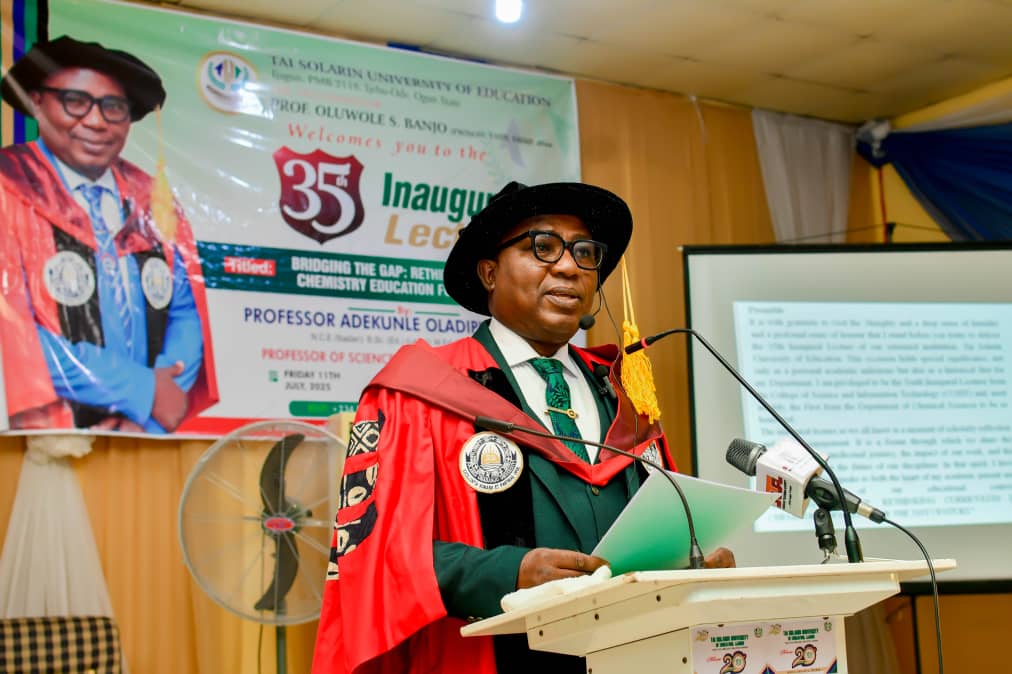

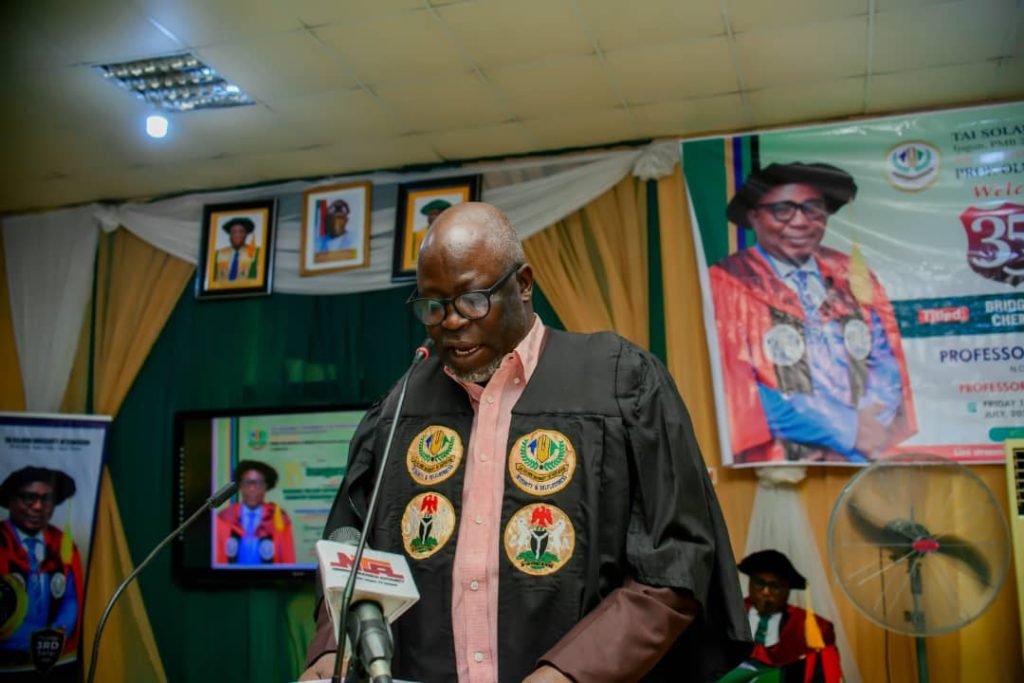

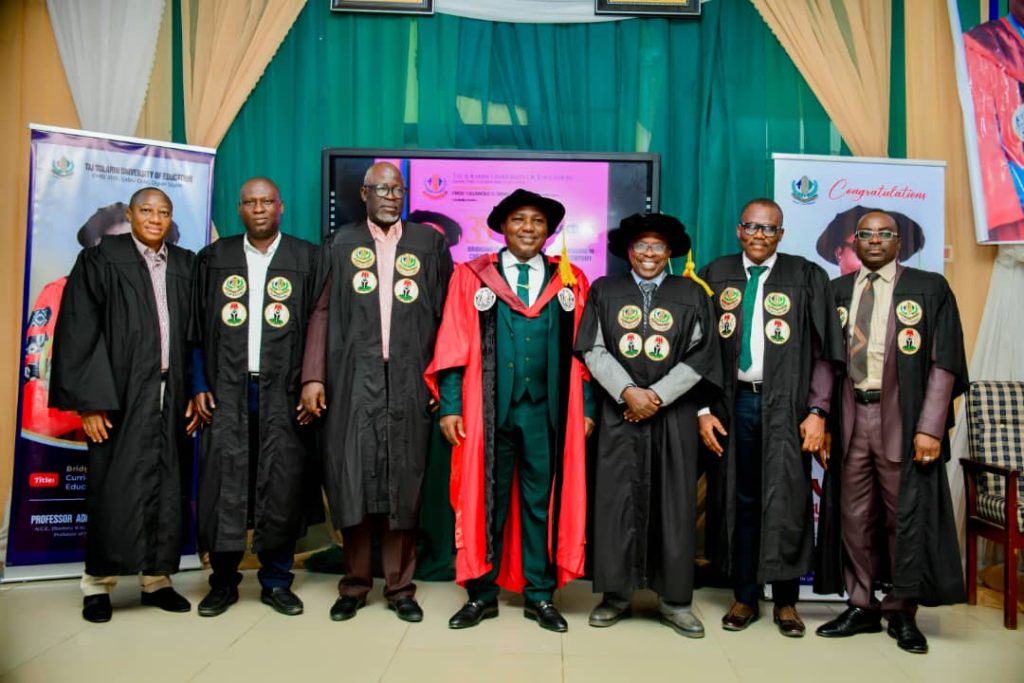
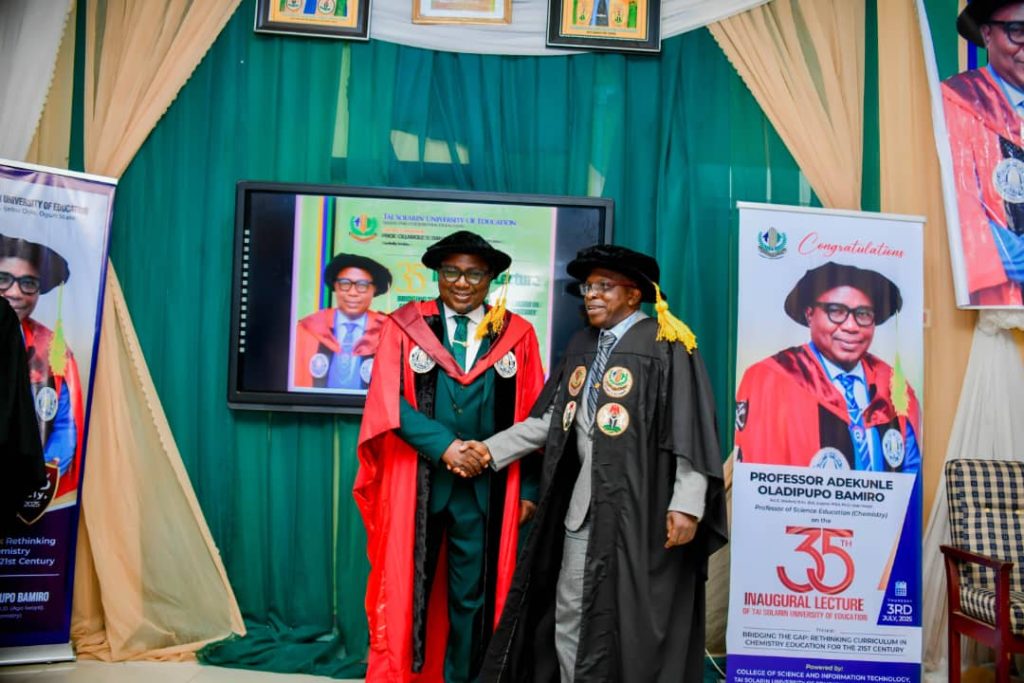

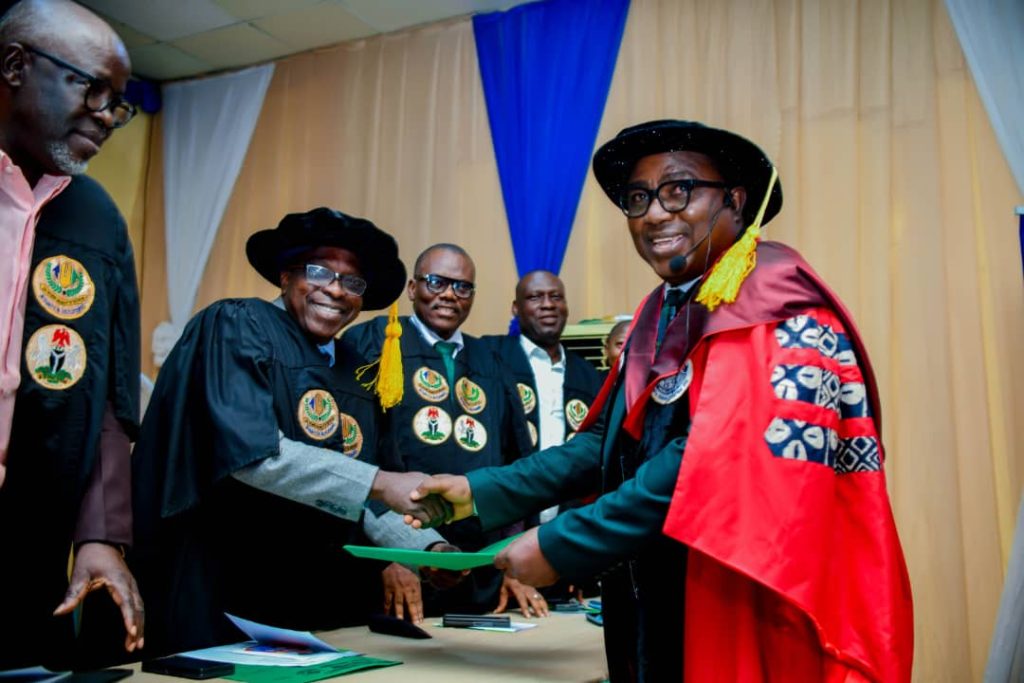
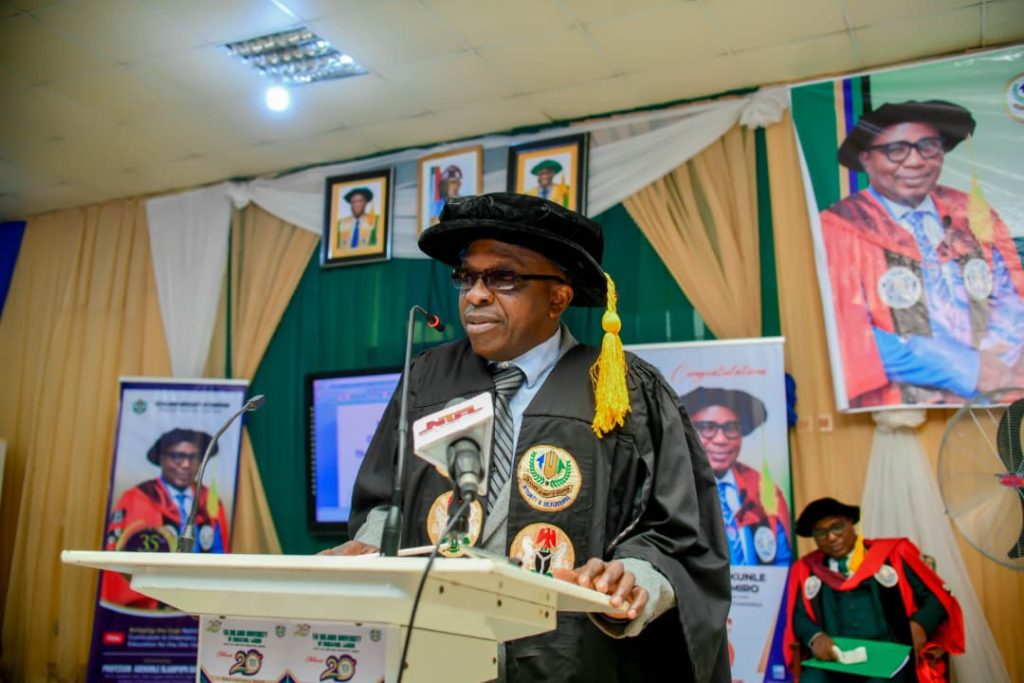
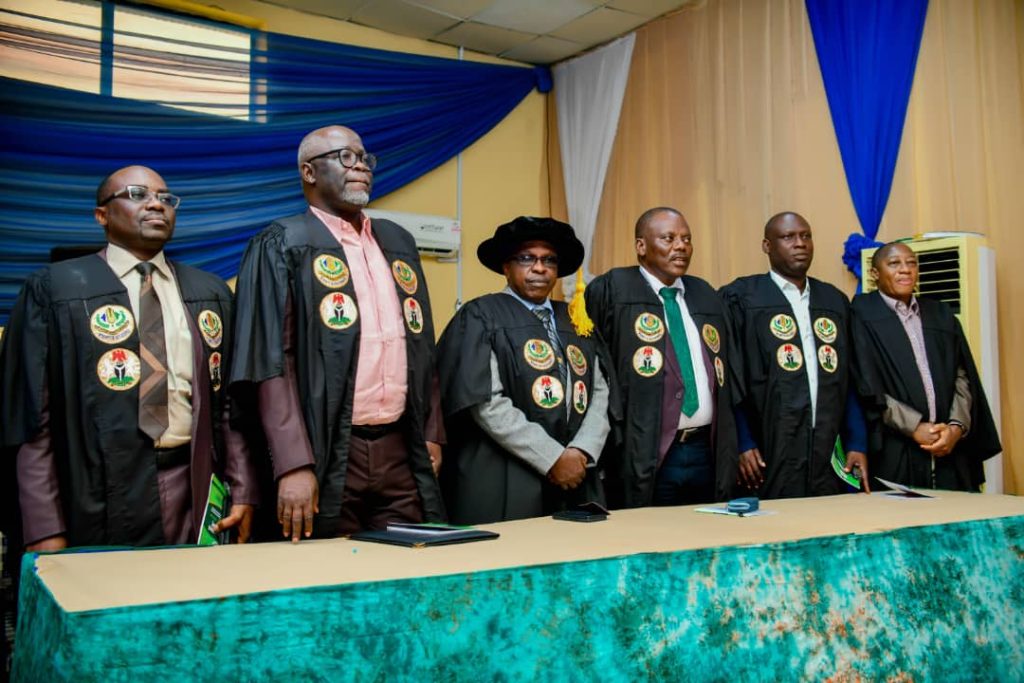
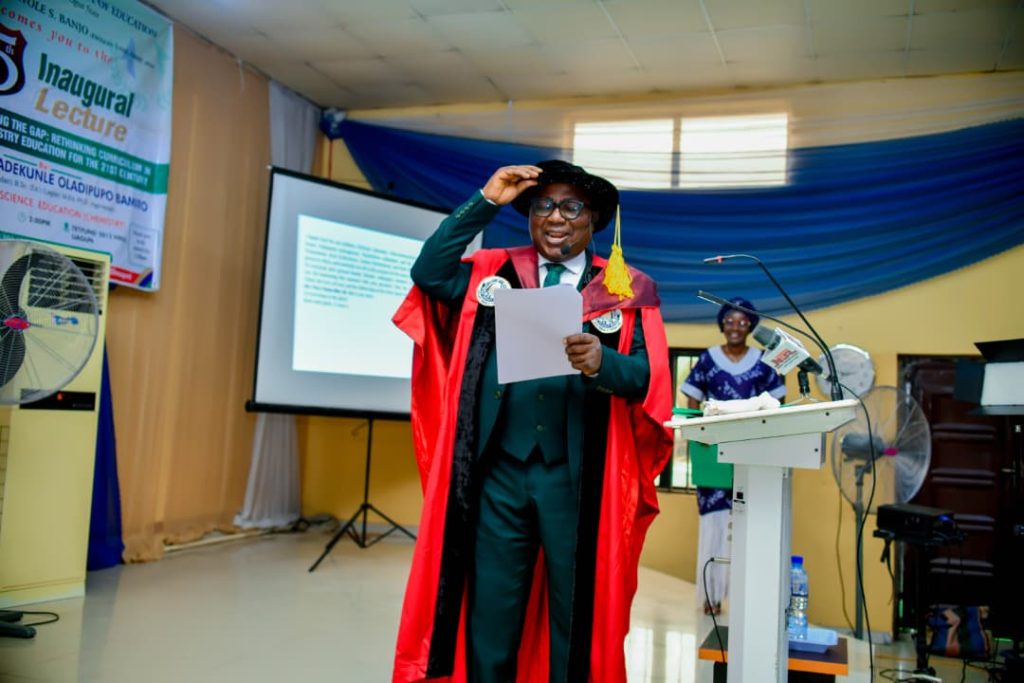
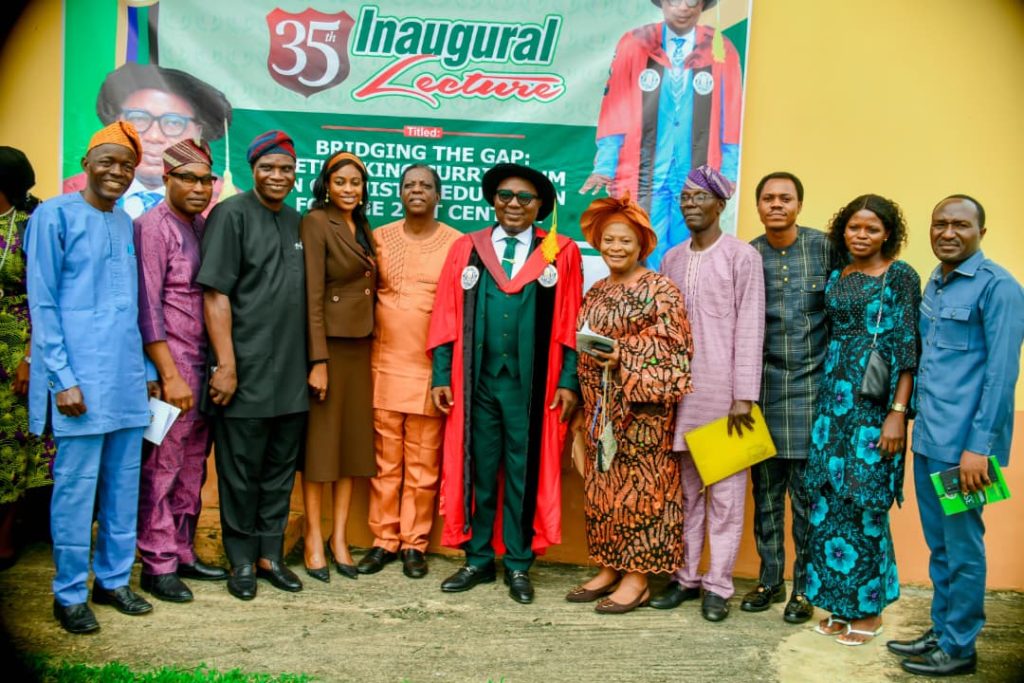

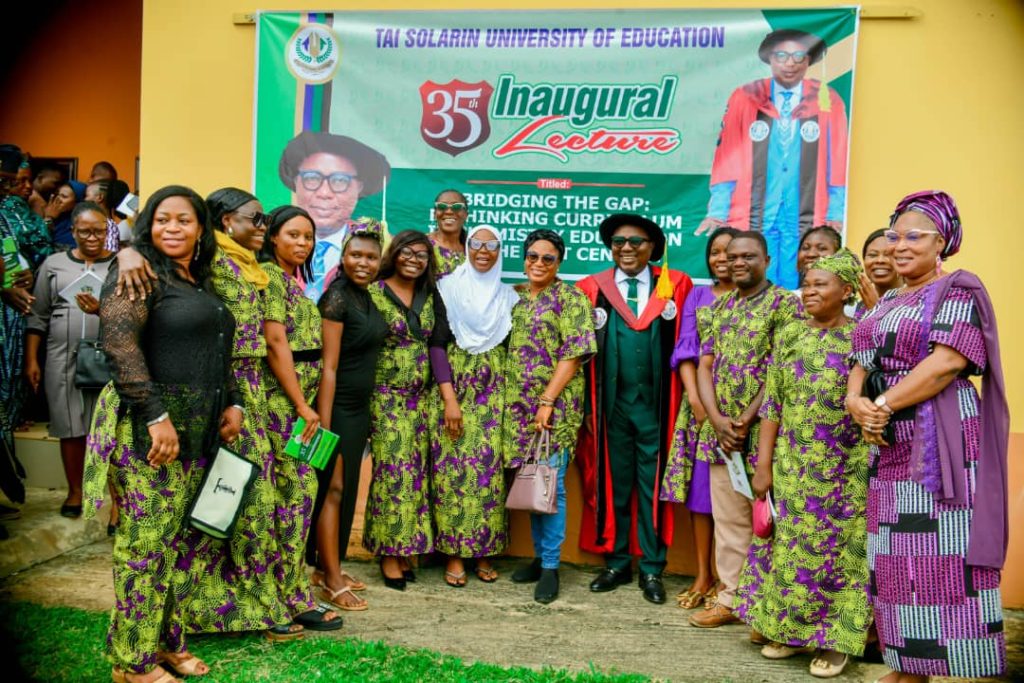









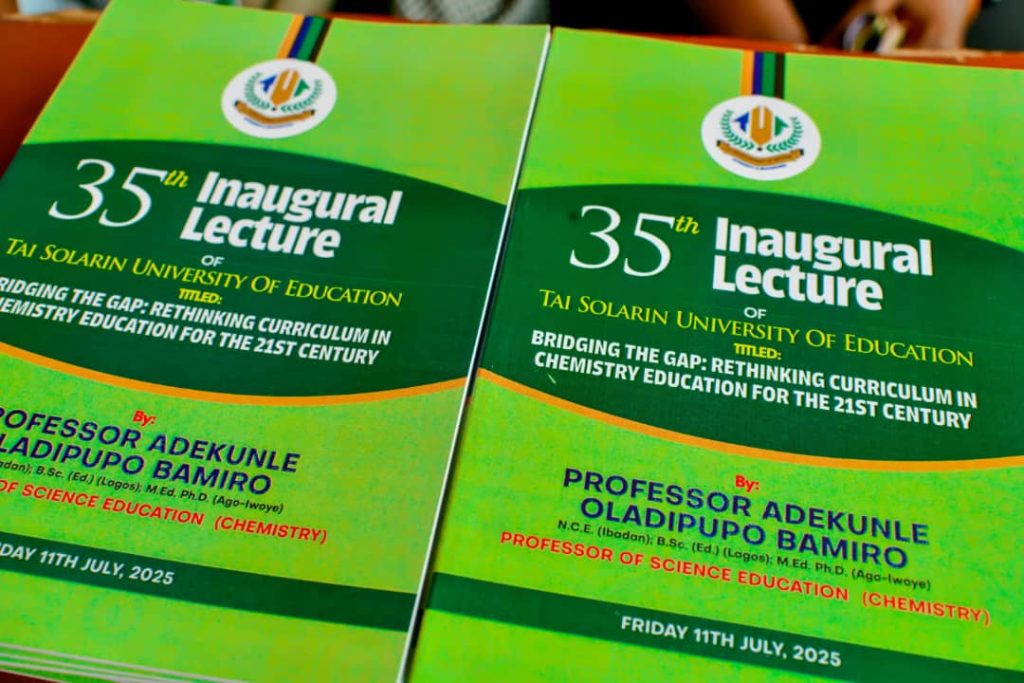



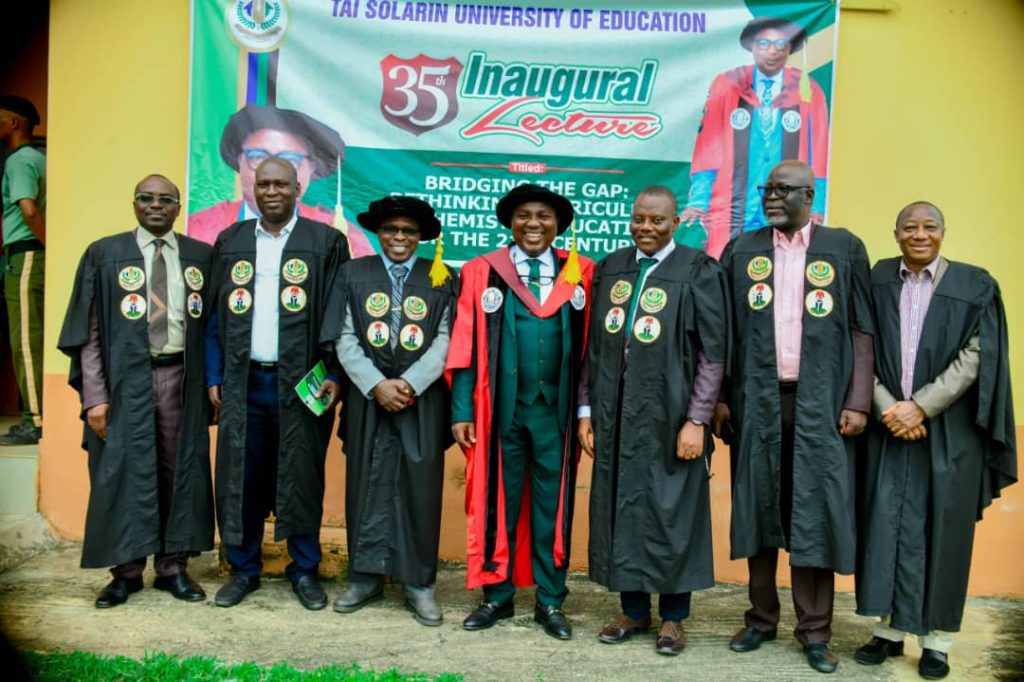
Also in attendance were the former Registrar of The Ogun State College of Education, Ijebu Ode, Pastor Peter Oladele Tanimonure; staff and students of TASUED Secondary School, Igbeba, led by the Principal, Mrs. Bola Omoyele; family members, friends, and other distinguished guests from various walks of life.

